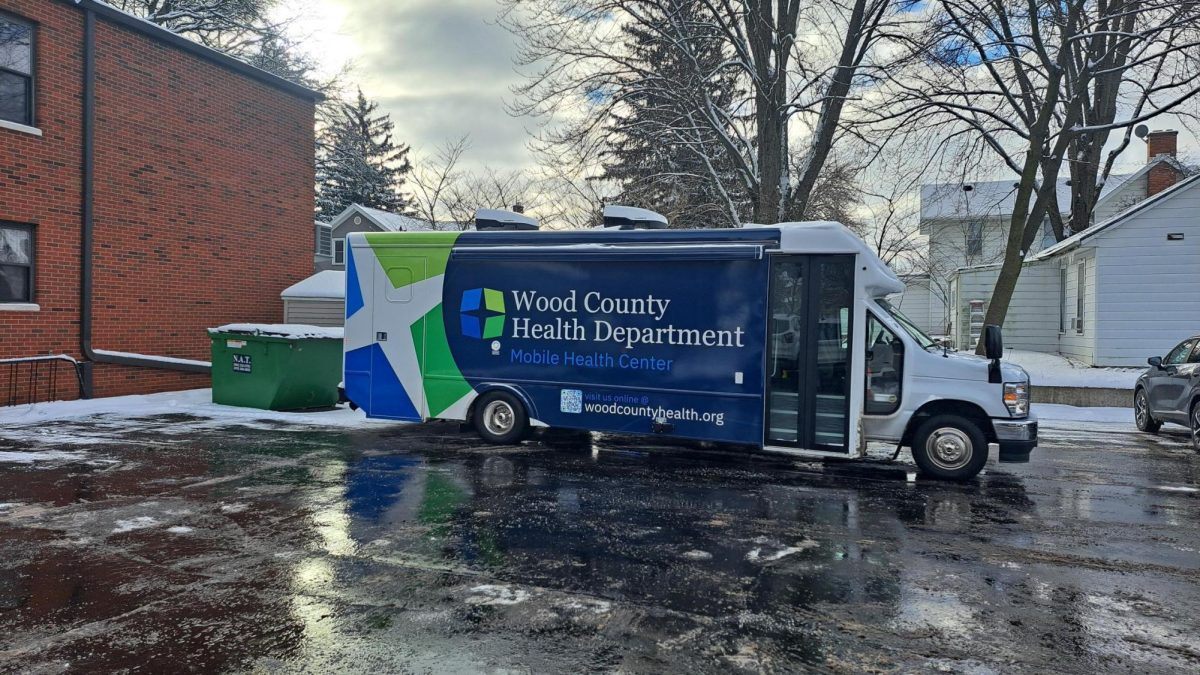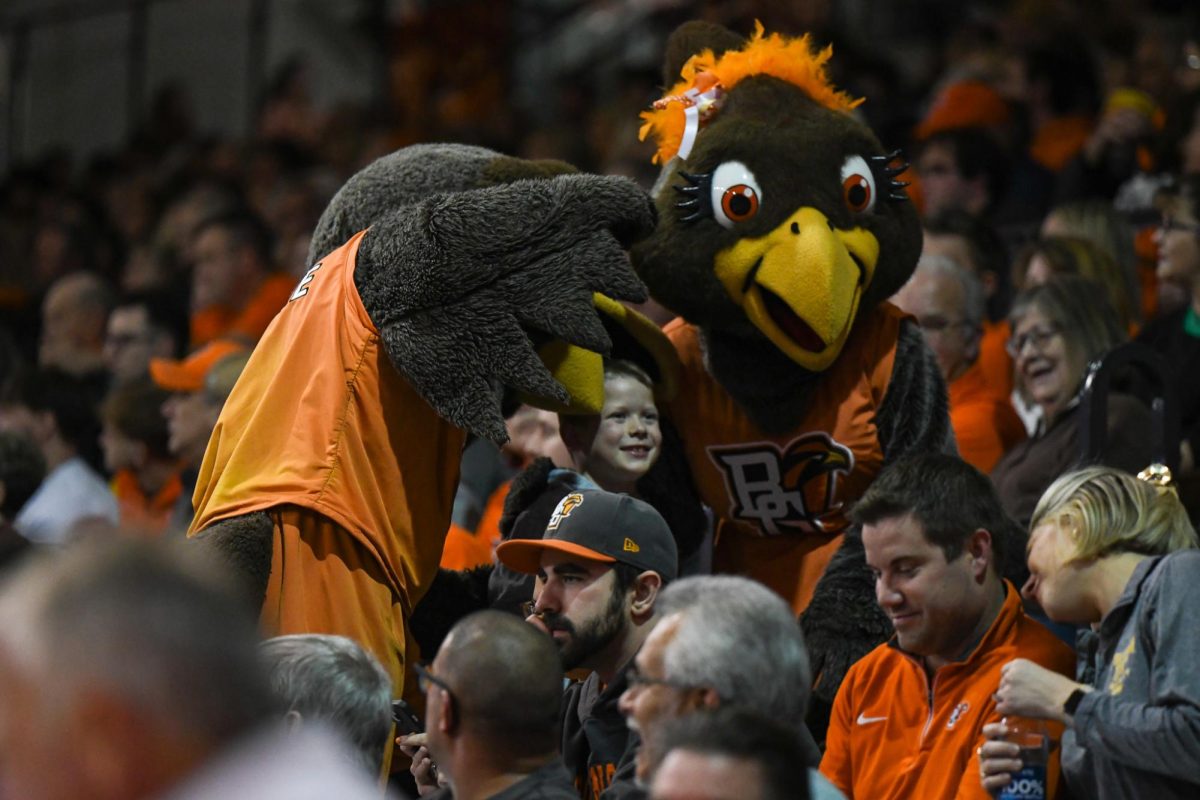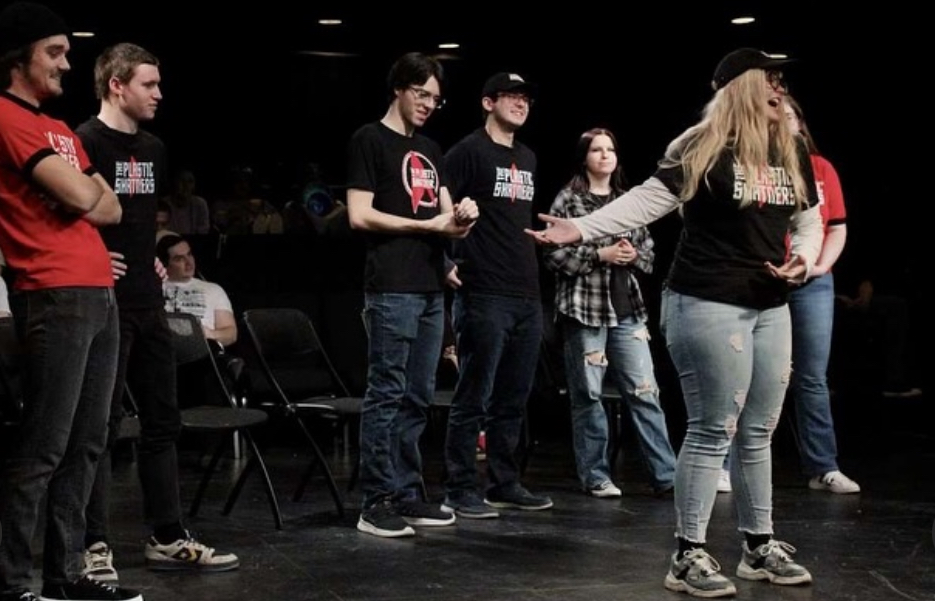In honor of Women’s History Month, the Women’s Center hosted a Brown Bag Series event Wednesday about women in fiction novels from the early 1900s.
The event, Career Girls and Amateur Sleuths: Girls’ Series Fiction from the 1920s to the 1950s, was led by Nancy Down, head librarian of the Browne Popular Culture Library.
During the event, Down discussed girls and women in fiction series and how they conformed to the times that the novels were published.
Books such as “Miss Pat,” “Girls of Central High” and “The Outdoor Girls” were just a few of the series that Down cited as the first of their kind.
Even with these strides, Down said, women were still not as well represented as men.
“Girls in books never traveled like men did, even when they had cars,” Down said.
The early 1900s also brought about the issue of women’s participation in World War I, on the battlefield and at home.
Series like “Red Cross Girls,” “The Outdoor Girls” and “The Ruth Fielding Series” were among the list of prominent series for this time.
According to Down, these books confronted issues such as women’s roles on the battlefield and the way women dealt with adjusting to life after the war.
Later decades brought books that featured women in traditional occupations; “Every Girl’s Series,” “Sue Barton” and “Cherry Ames.”
These women held jobs that were tradionally seen as women’s jobs; most notably, nursing.
The final series that Down discussed was “Nancy Drew.”
Down said a big part of these novels was the use of name brand products and vivid descriptions of the character’s clothing, which encouraged readers to become consumers of products that were popular at the time.
Mary Krueger, director of the Women’s Center, has been a fan of Nancy Drew for most of her life.
“I was a big fan of Nancy Drew and Barbie [dolls],” Krueger said.
She liked that in the stories “the men in their lives were always secondary.”
Graduate student Shelby Hale did not know what to expect from the talk.
“I didn’t know anything about this subject but I found it interesting and I think that [Down] did a good job,” Hale said.
Down said that there were both positive and negative lessons that girls can take away from these books, but the use of women as main characters is positive.
“It is a very positive message for girls because they always work out their problems,” she said.













